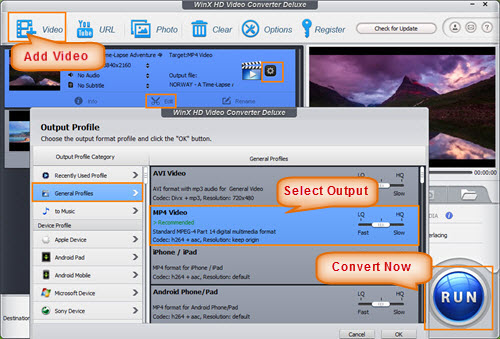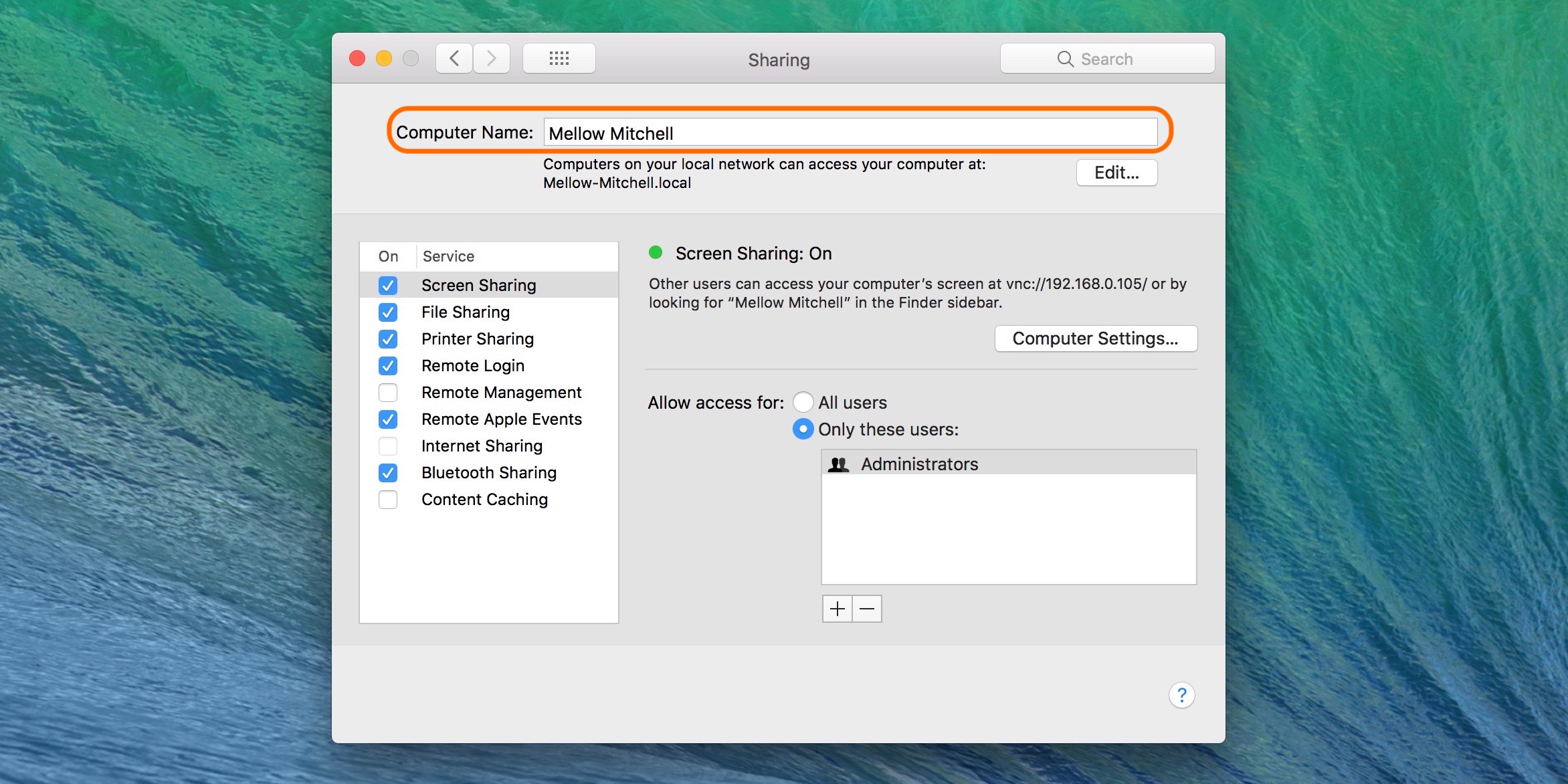



Due to the nature of this particular tool, running it from the sandbox may be challenging. You are just trying one, particularly difficult way. Solution: rm -r /Applications/Chromium.There is no way to give access to run an external binary from a sandboxed app? (unless it happens to be in one of the system dirs that have an exception).There are a number of ways to run an external binary from a sandboxed app. One was r, and the error read:Įrror: It seems there is already an App at '/Applications/Chromium.app'. In my case where two packages that could not be installed. Next step is to uninstall homebrew and all packages by ruby -e "$(curl -fsSL )"Īfter that you install the command line-tools again by xcode-select -installĪnd install homebrew again by /usr/bin/ruby -e "$(curl -fsSL )"Īnd last but not least you go into the folder you saved the bundle in (if it is in your users home folder, you type "cd ~") and restore all installed packages by brew bundle remember the folder you saved that file in! check the content by nano brews.txtĪnd leave it by pressing ctrl+x. This command creates a brews.txt at your current location. Then you should back up your installed brew packages by brew bundle (You probably have to sudo that command, but since you only should use sudo when you know, what you do, I didnt put it in the command).

Step: uninstall command-line-tools rm -rf /Library/Developer/CommandLineTools Necessary to >reinstall the Xcode Command Line Tools and brew upgradeĪll installed formula: xcode-select -installġ. Upgrading macOS Upgrading macOS can cause errors like the following:ĭyld: Library not loaded: /usr/local/opt/icu4c/lib/libicui18n.54.dylibĬonfigure: error: Cannot find libz Following a macOS upgrade it may be There is a common issue with brew when upgrading Mac Os as laid out on brew.sh:


 0 kommentar(er)
0 kommentar(er)
